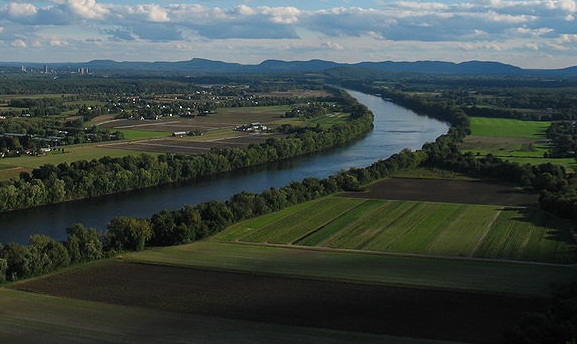Tripbase News
Japanese radiation reaches Massachusetts
28th March 2011
Officials assure public that contaminated rainwater poses no risk to their health

A sample of rainwater taken in Boston, Massachusetts, has been found to contain traces of radioiodine-131.
The very small amounts of the poison are not hazardous to humans and have not been detected in Boston’s main reservoirs, Quabbin and Wachusett. In an online announcement, the state of Massachusetts told the public that rainwater was still safe for pets to drink, and that the rain posed no threat to children.
Professor David Brenner is the director of Columbia University’s Center for Radiological Research. “One can never say there’s no risk, but the risk is absolutely minimal from this reading. It’s certainly below the EPA standards, so in that sense it’s safe,” he said. “I don’t think anyone has anything to worry about with that level of iodine activity.”
The U.S. Environmental Protection Agency's Radiation Network is testing at over one hundred sites in the Western part of the USA. Traces of radioiodine-131 have been found in several states, but not in a concentration large enough for any action to be taken. The EPA has increased test frequency in light of the recent events in Japan, but expects the levels of radioactive particles to return to normal as the Japanese gradually repair the stricken power plant.
A 9.0-magnitude earthquake off the coast of Japan triggered a tsunami, which caused widespread destruction along the Japanese shore. The Fukushima nuclear power station was badly affected by both the earthquake and the tsunami, and several explosions have weakened three of the station’s reactor buildings.
Back to the Tripbase News Homepage






